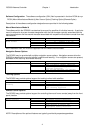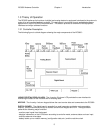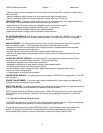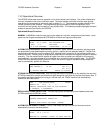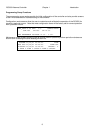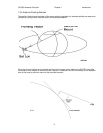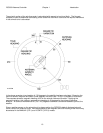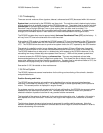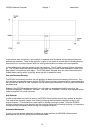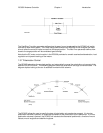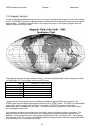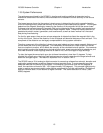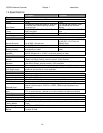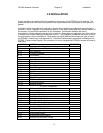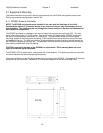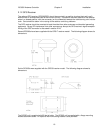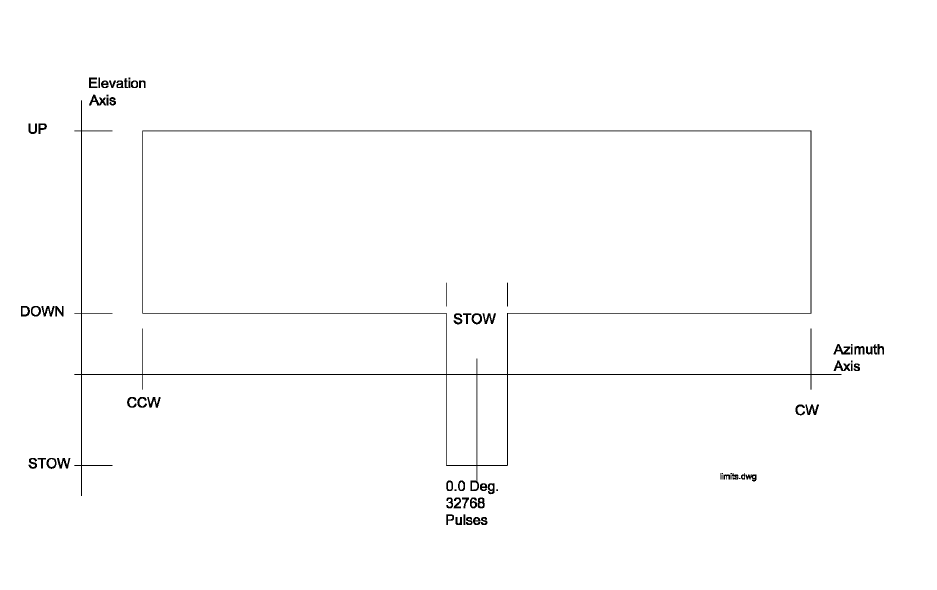
RC3000 Antenna Controller Chapter 1 Introduction
12
In the azimuth axis, movement in one direction is disabled when clockwise and counterclockwise limit
switches are activated. There is also typically a region in the center of azimuth travel indicating that the
azimuth axis is in a position that will allow for moving the elevation axis down to the stow position.
In the elevation axis, there are typically three limit switches. The UP switch prevents further movement
up. The “DOWN” switch delimits the elevation the mount may not move further downward unless it has
been placed in the azimuth stow region. The STOW switch indicates when the mount has reached its
furthest down position which is typically where the dish is stowed for travel.
Jam and Runaway Sensing
The RC3000 continuously monitors the axis positions to detect incorrect movement of the mount. If an
axis has been commanded to move and the RC3000 does not detect movement within a prescribed time,
the controller will declare a “JAM” condition and not allow further movement in that axis until the condition
has been reset.
Similarly if the RC3000 senses movement in an axis when no movement should be occurring, the
RC3000 will declare a “RUNAWAY” condition. Like JAM, the RUNAWAY condition must be reset before
further movement in the axis may occur.
Anti-Reversal
In order to save wear on the drive motors, the RC3000 limits how fast an axis may reverse its direction.
This mechanism prevents a motor from instantly changing direction before coasting to a stop in the
original direction. This mechanism is also useful for correct counting of pulses. Since the RC3000
counts a pulse as being in the direction that the controller thinks the axis should be going, it is imperative
to stop the motor completely before moving in the opposite direction.
Automatic Movements
In order to provide smooth automatic movement to target positions, the RC3000 utilizes several
parameters to account for different mount characteristics.



